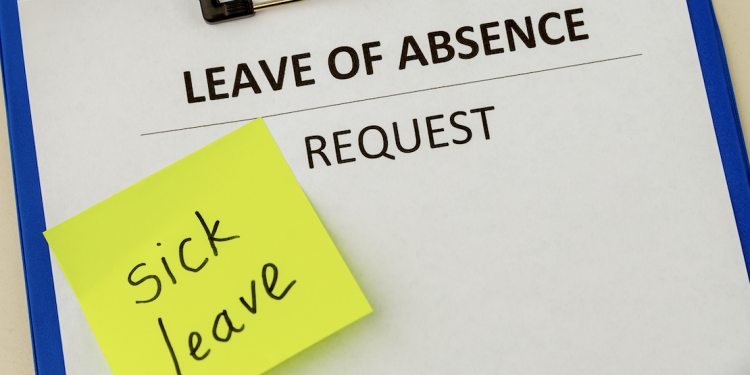The number of sick days taken by UK workers last year increased and is now at the highest level for a decade – despite more than half of employers now deploying wellbeing strategies to improve the health and happiness of staff.
Figures from the Chartered Institute for Personnel and Development (CIPD) show workers took an average 7.8 days off due to sickness in the past year, up from a pre-pandemic average of 5.8 days. It said Covid, stress and the cost-of-living crisis were all contributing to the rising number of sick days.
The research, conducted by Simplyhealth, looked at absence rates in more than 900 organisations covering 6.5m employees. It found that minor illnesses are the main reason for short-term absence, followed by musculoskeletal injuries and then conditions related to poor mental health. More than a third of organisations said Covid was still contributing to higher short-term sickness rates.
The main reasons behind longer-term sick leave were mental health, musculoskeletal injuries and conditions such as cancer or stroke.
The CIPD said that most of the organisations surveyed offered sick pay, while around half had deployed wellbeing strategies, with a view to encouraging a healthier workforce and reducing the number of sick days taken.
However the CIPD says despite this focus on wellbeing, rates of absence were still rising and employers needed to do more. “This means managing the main risks to people’s health from work to prevent stress as well as early intervention to prevent health issues from escalating where possible,” says CIPD senior employee wellbeing adviser Rachel Suff.
She adds: “It’s important that organisations create an open, supportive culture where employees feel they can come forward.”





